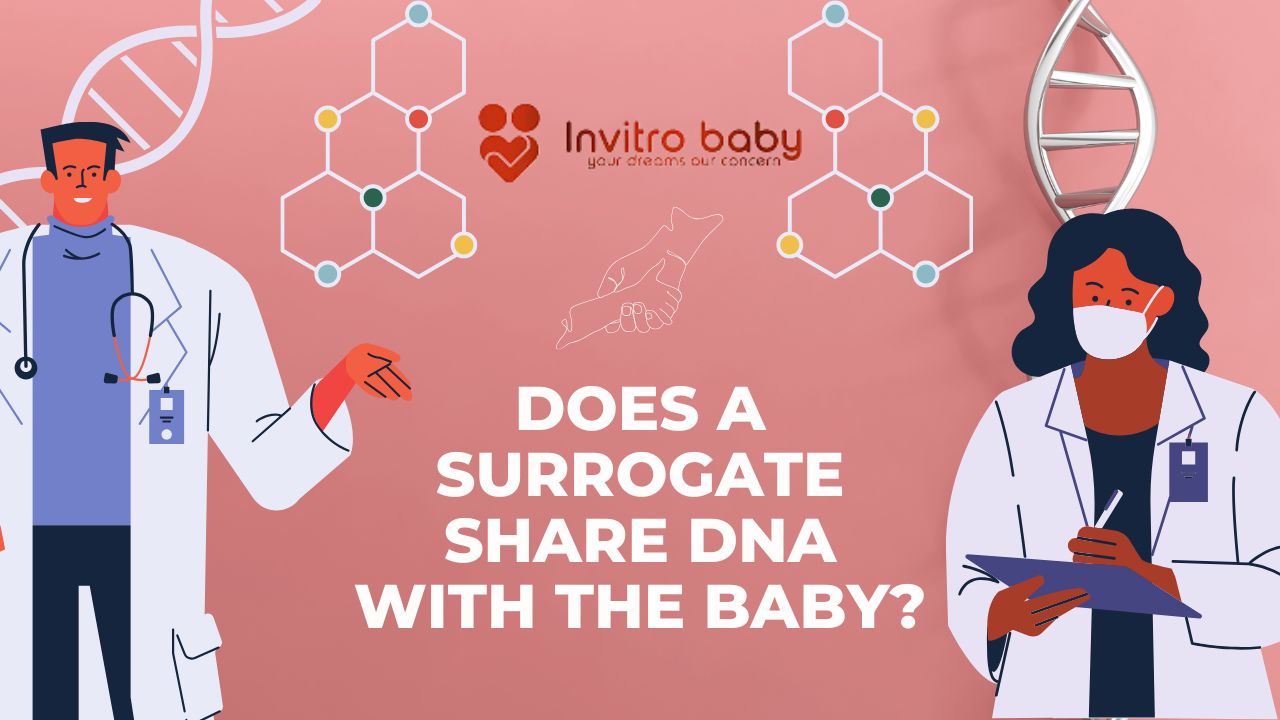When couples and individuals consider surrogacy, one of the most frequently asked questions is whether the surrogate mother shares DNA with the baby she carries. Understanding this concept is essential, especially for those exploring surrogacy as a viable option for starting or growing their families.
What is Surrogacy?
Surrogacy is a process where a woman, called a surrogate, carries and gives birth to a baby for someone else.
Surrogacy is typically categorized into two main types:
- Traditional surrogacy
- Gestational surrogacy.
The difference between the two lies in the surrogate’s biological involvement in the pregnancy.
Traditional Surrogacy: DNA Sharing
The surrogate in gestational surrogacy is not biologically related to the baby she carries. This means she provides her own egg, which is fertilized by the intended father’s sperm or a donor’s sperm through artificial insemination. In this case, the surrogate shares her DNA with the baby, as she contributes both the egg and carries the child to term.
However, this method is relatively rare in modern surrogacy practices due to legal, emotional, and ethical concerns. Many couples prefer to use gestational surrogacy, where the surrogate has no genetic link to the child.
Gestational Surrogacy: No DNA Sharing
In gestational surrogacy, the child carried by the surrogate has no genetic link to her. Instead, an embryo created through in-vitro fertilization (IVF) is implanted into the surrogate’s uterus. The embryo is formed using the eggs of the intended mother or an egg donor, along with sperm from the intended father or a sperm donor. The surrogate mother then carries the baby to term but has no genetic contribution to the child.
This method of surrogacy ensures that the baby’s genetic material comes entirely from the intended parents or donors and not from the surrogate.
Why Does This Matter?
The distinction between traditional and gestational surrogacy is important for a variety of reasons, from legal implications to emotional considerations. Gestational surrogacy is often preferred because it avoids the complexity of having the surrogate be the child’s biological mother. This can make the legal and emotional journey clearer for all parties involved.
Find the Best Path to Parenthood
When looking for a Premium Surrogacy Hospital in Delhi, it’s essential to understand the differences in surrogacy methods and choose the one that aligns best with your goals and family plans. A reputable surrogacy hospital will offer personalized consultations, guiding you through the process and helping you make informed decisions based on your needs.




